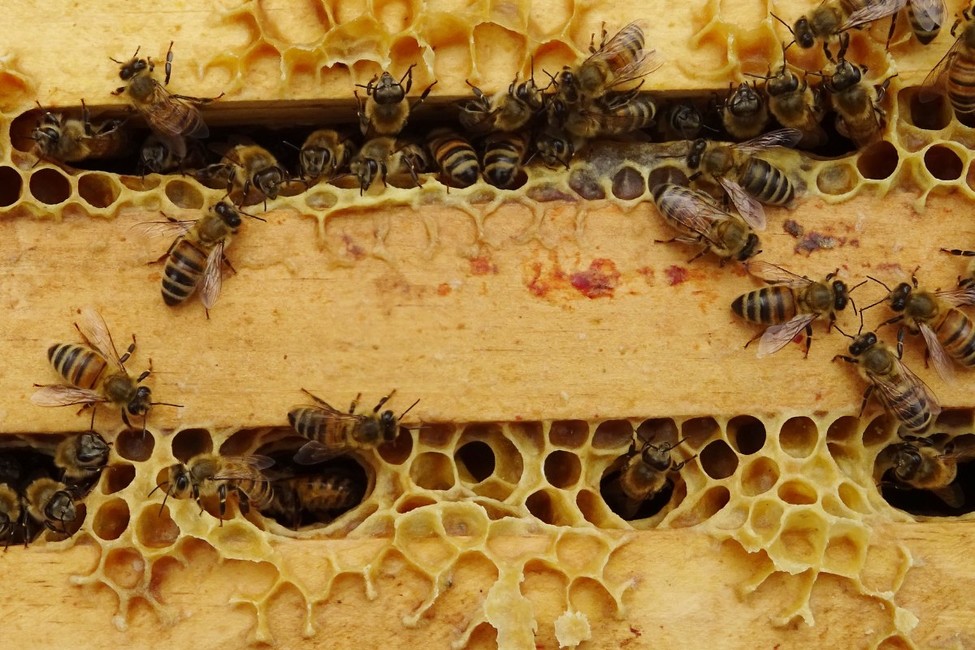Humans are relative newcomers to planet Earth (see this short video depicting the evolution of our planet compressed to a 24-hour time scale). In this short period (approximately 200,000 years) we humans have developed quite destructive habits. We have transformed the Earth so much in this time (physically, chemically and ecologically) that it has been dubbed the Anthropocene, the human era. Unfortunately, it has only been in recent decades that we have begun to understand the consequences of our actions.
Therefore, when I heard the term “biomimicry” my ears perked up. Biomimicry is defined as “a practice that learns from and mimics the strategies found in nature to solve human design challenges — and find hope.” The Biomimicry Institute website states that:
“….The goal is to create products, processes and systems — new ways of living — that solve our greatest design challenges sustainably and in solidarity with all life on Earth. We can use biomimicry to not only learn from nature’s wisdom, but also heal ourselves — and this planet — in the process.”
I find this idea hopeful because it offers us a chance to make things right and begin living within our planetary limits.
To learn more about the idea of biomimicry, I researched biologist Janine Benyus who literally wrote the book on it. She has developed a biomimicry toolkit that provides an orientation to biomimicry and introduces a set of tools and core concepts that can help us incorporate insights from nature into everyday solutions.
Essentially, what I appreciate most about Benyus’s work is the reminder that we are a part of nature and the ecosystems that affect our planet. We depend on them to provide life’s essentials (i.e. clean air, water and food) and in turn, the rest of life depends on us to be mindful of the limits of planetary resources. This is hopeful to me because, when applied over time, there will be a system shift (a reciprocity of such) when we give a gift of fitting within the systems of our natural world.
For more information on biomimicry, watch Benyus’s 2014 TED talk on creating a bio-industrial revolution.
Dr. Jean Larson is the manager of Nature-Based Therapeutics and Nature Heals Initiative at the Minnesota Landscape Arboretum and is faculty lead of the Nature-Based Therapeutic Studies at the Earl Bakken Center for Spirituality and Healing of the University of Minnesota.
